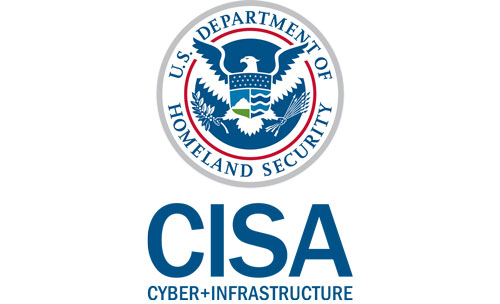05 Nov New CISA provisions to addressing ailing cybersecurity weaknesses
How CISA begins fixing numerous federal agency exploits

As cybersecurity continues to remain a primary concern for the United States and nations abroad, CISA is issuing new sweeping orders to address security weaknesses. The provision aims to shore up flaws and holes which lead to breaches and service disruption.
The order takes aim at federal agencies under the Biden administration. The goal is to fix hardware and software flaws to prevent breaches like the SolarWinds hack from occurring. The initiative comes from the DHS (Department of Homeland Security) and CISA, providing details about the vulnerabilities. The agencies declared that federal agencies have a 60-day timeframe to fix the security problems pointed out.
Alejandro Mayorkas, secretary of Homeland Security, declared cybersecurity threats as one of the most significant dangers to enterprise networks, federal agencies, and the American public. His assessment is accurate, as data loss, breaches, and leaks impact people in numerous ways, often leading to private information sold on dark markets. That information is used for phishing schemes, ransomware, and other costly attacks. Enterprises falling victim to cyberattacks are often left with costly choices, stuck with ransomware fees ranging from the thousands to millions.
While the SolarWinds hack drove momentum for the initiative, the aim is to shield other networks as well. Hospital and school networks remain prime targets, regardless of the associated human cost. The reason for CISA’s sweeping policy change is also because threats are often undiscovered for months. When malicious parties breach a network, they harvest information for as long as possible. Gaining lateral control and permissions, this is eventually used to deploy a form of attack, such as with ransomware.
Will this affect me?
If your organization operates under a “federal” enterprise, such as a government agency, then you will need to make the changes set forth by CISA. You will be notified, if not already.
In the directive, the provided information will list categories of known flaws. It also aims to reclassify what constitutes a vulnerability. The key is to improve vulnerability management overall and prevent hackers from exploiting them.
How does this address the long-term cybersecurity problem?
A proactive defense is the best resolution against attackers. Malware and threat actors evolve their strategies on a daily basis with renewed methods to implement attacks. They do so, however, by exploiting simple cybersecurity holes. CISA leading the way by enforcing new policies among agencies will encourage private enterprises and networks to do the same (as they should already).
It also takes a harder look at the cybersecurity problem as a whole. For years, cybersecurity has remained a subject contained in IT environments. But considering its widespread effect, cybersecurity entering mainstream discourse is a good thing. CISA taking steps to begin fixing vulnerabilities is a move forward in preventing additional infrastructure attacks.
If you want to learn more about how you can protect yourself and your data, contact Bytagig today.
Share this post:
Sorry, the comment form is closed at this time.